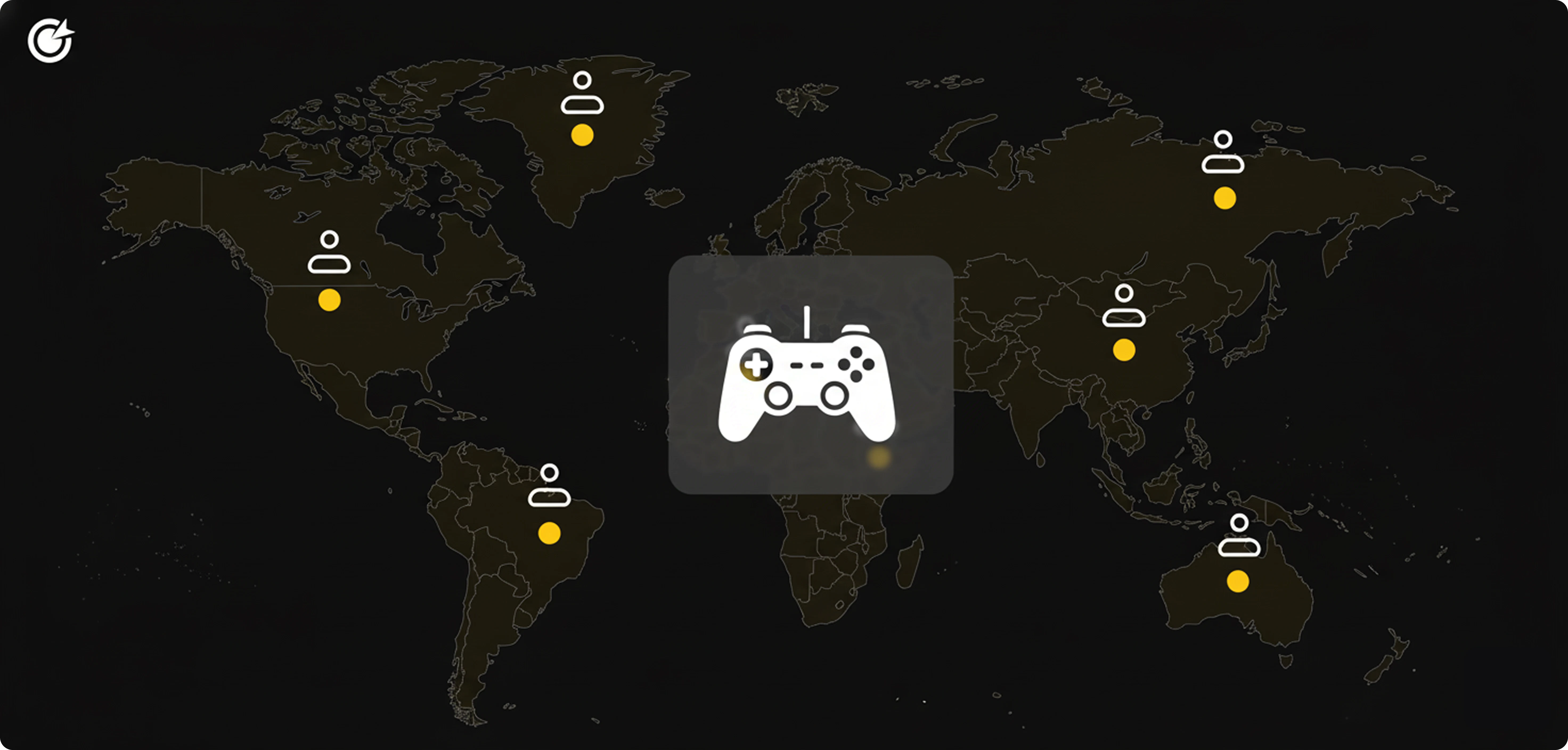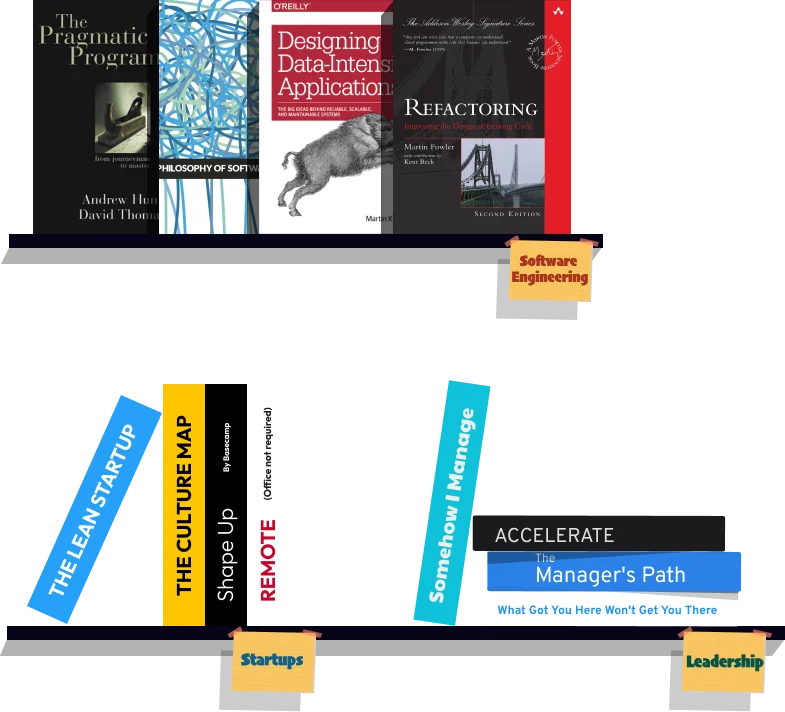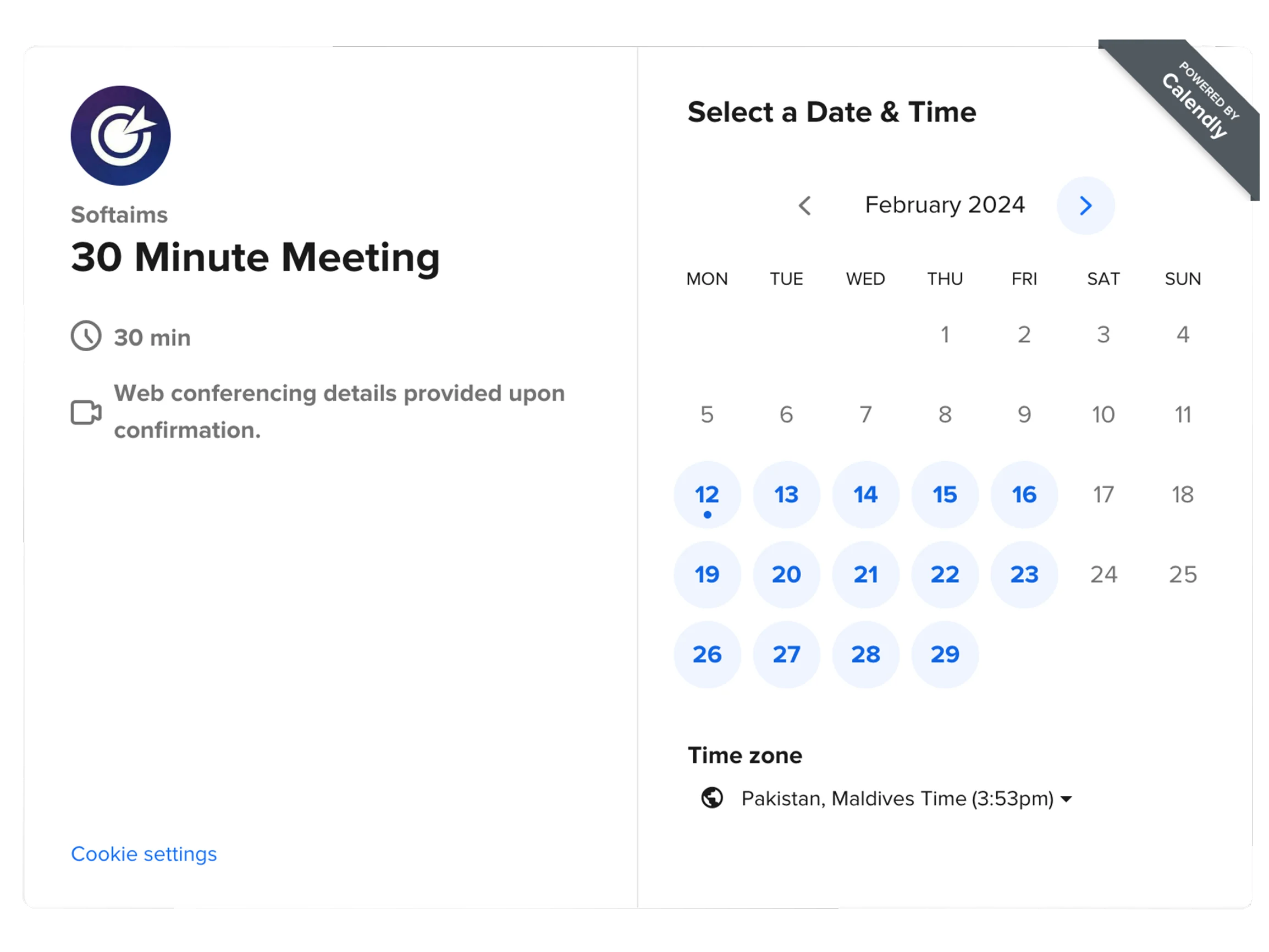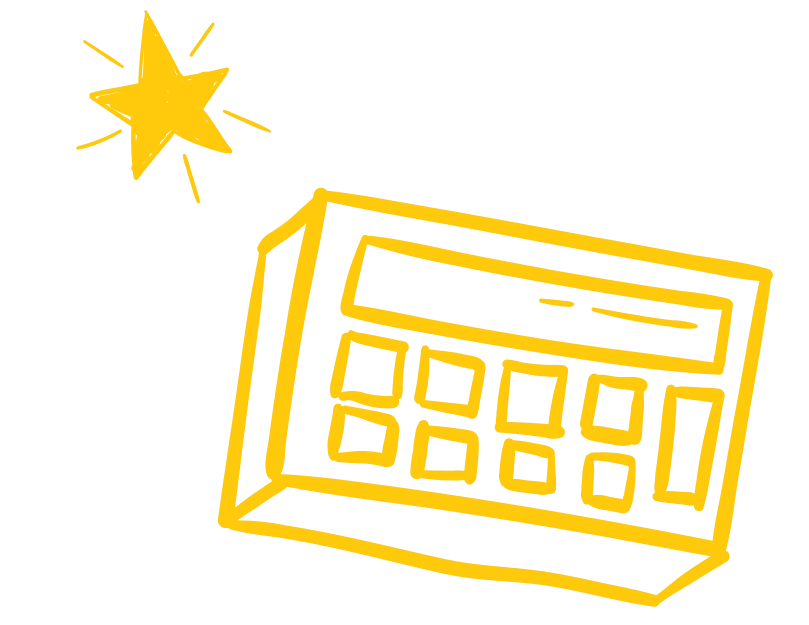The Creative Technologist Role of a Game Developer
A game developer is a unique blend of a creative and a software engineer, responsible for turning game design concepts and art assets into a fully interactive and engaging experience. They write the code that governs everything from player movement and combat mechanics to the game's user interface and underlying systems.

Hiring for this role requires finding an individual who not only has strong technical skills but also a deep understanding of what makes a game fun. They must be expert problem-solvers, capable of tackling the unique challenges of creating real-time, interactive entertainment for specific hardware platforms.
Proficiency in a Game Engine
The vast majority of modern game development happens within a game engine, so expertise in at least one major engine is non-negotiable. The two industry giants are Unity, known for its flexibility and strong mobile presence, and Unreal Engine, renowned for its high-fidelity graphics and power.
A candidate should have a deep, practical understanding of their chosen engine's core systems, including its scene editor, physics engine, scripting API, and animation tools. They must be able to work efficiently within the engine's architecture to build game levels, import assets, and script gameplay logic.
Strong Programming Language Skills
Strong programming fundamentals are the bedrock upon which all game development skills are built. The choice of language is typically tied to the game engine: C# is the language of Unity, while C++ is the primary language for Unreal Engine. A candidate must have expert-level proficiency in the language relevant to their engine expertise.
This includes a deep understanding of object-oriented programming, data structures, and algorithms. For C++, a strong grasp of memory management is critical, while for C#, familiarity with its component-oriented programming patterns and the .NET ecosystem is essential.
3D Math and Physics
Game development is fundamentally an application of mathematics. A solid understanding of 3D math is crucial for almost every aspect of gameplay, from calculating character trajectories to handling camera movement. A candidate must be comfortable with vector math, matrices for transformations, and quaternions for rotations.
They should also have a practical understanding of physics concepts. This includes knowledge of collision detection, rigidbody dynamics, and how to work with the engine's built-in physics systems (like NVIDIA's PhysX in Unreal). This skill is essential for creating a game world that feels believable and interactive.
Graphics Programming and Shaders
While a dedicated graphics engineer is a specialized role, a good game developer should have a foundational understanding of the rendering pipeline. This knowledge allows them to help optimize the game's performance and work effectively with technical artists to achieve the desired visual style.
Familiarity with writing shaders—small programs that run on the GPU to control how objects are rendered—is a highly valuable skill. Experience with shader languages like HLSL or GLSL allows a developer to create custom visual effects, from unique material properties to complex post-processing effects, that make a game stand out.
Gameplay Mechanics and Logic
This is where the magic happens. A gameplay programmer is responsible for implementing the core rules and systems that make up the game itself. They write the code that governs player controls, combat systems, character abilities, game state management, and the core game loop.
A strong candidate must be able to translate a game designer's abstract ideas into concrete, functional, and—most importantly—fun gameplay mechanics. They need to be able to iterate quickly on feedback, balancing systems and tuning parameters to achieve the perfect feel for the game.
AI for Game Characters
Creating believable and intelligent Non-Player Characters (NPCs) is critical for building an immersive game world. A game developer should have experience in creating game AI. This includes knowledge of common AI patterns and algorithms, such as Finite State Machines, Behavior Trees, and pathfinding algorithms like A*.
They should be able to implement AI logic that allows enemies to exhibit challenging behaviors, allies to provide useful support, and ambient characters to make the world feel alive. This skill combines logical programming with a touch of design to create engaging experiences.
Multiplayer and Networking
Building a multiplayer game is one of the most complex challenges in game development. If the role requires it, a candidate must have experience in network programming. They need to understand the client-server architecture, how to keep game states synchronized across multiple clients, and how to deal with the challenges of latency.
This requires knowledge of concepts like data replication, client-side prediction, and lag compensation. Experience with an engine's networking framework (like Unreal's replication system) is crucial for building a stable and responsive online experience for players.
Performance Optimization
Games are real-time applications that must run at a smooth and consistent frame rate (e.g., 30 or 60 frames per second). A skilled game developer must be obsessed with performance. They should be proficient with profiling tools to identify and fix CPU and GPU performance bottlenecks.
This involves a wide range of skills, from optimizing algorithms and reducing memory usage to lowering the number of draw calls and simplifying complex physics calculations. An engineer who knows how to squeeze every last drop of performance out of the target hardware is an invaluable asset to any game development team.
Version Control for Large Assets
Game projects involve not only code but also massive binary assets like 3D models, textures, and audio files. Standard Git is not well-suited for this, so a game developer must be experienced with a version control system designed for large assets. Git LFS (Large File Storage) is a common solution.
For larger teams and projects, experience with a more centralized system like Perforce or Plastic SCM is often required. These tools are built from the ground up to handle the large files and collaborative workflows that are common in game development, making them an essential part of the professional toolchain.
How Much Does It Cost to Hire a Game Developer
The cost to hire a game developer is highly variable and depends on factors like their location, experience level (junior, mid, senior, lead), and specialization (e.g., graphics, AI, networking). While the industry is passionate, salaries are often competitive with, but sometimes slightly lower than, general enterprise software development roles.
Tech and gaming hubs in North America, Europe, and Japan typically command the highest salaries. The following table provides an estimated average annual salary for a mid-level game developer to illustrate global market differences.
| Country |
Average Annual Salary (USD) |
| United States |
$110,000 |
| Canada |
$85,000 |
| United Kingdom |
$70,000 |
| Germany |
$72,000 |
| Sweden |
$75,000 |
| Japan |
$65,000 |
| Poland |
$45,000 |
| China |
$50,000 |
| Brazil |
$40,000 |
| India |
$30,000 |
When to Hire Dedicated Game Developers Versus Freelance Game Developers
Hiring a dedicated, full-time game developer is the standard approach for building the core team of a long-term game project. A dedicated developer provides the commitment and deep institutional knowledge required to build and maintain a complex game from concept to post-launch support. This model is essential for roles like lead gameplay programmer or engine specialist.
Hiring a freelance game developer is a highly effective strategy for specific, specialized tasks or for scaling up the team during a crunch period. This is perfect for contracting a developer to create a specific tool, implement a single gameplay feature, or port a game to a new platform. Freelancers provide incredible flexibility and access to niche skills without the long-term overhead of a full-time employee.
Why Do Companies Hire Game Developers
Companies hire game developers because they are the essential builders who turn ideas, art, and design into a tangible, interactive product. Without game developers, a game is just a collection of design documents and image files; they are the ones who write the complex code that brings the virtual world to life, makes it obey the rules of the game, and allows the player to interact with it.
Furthermore, they are hired to solve the unique and difficult technical challenges inherent in creating real-time entertainment. They are masters of performance optimization, constantly pushing the boundaries of what is possible on a given piece of hardware to deliver a smooth and visually stunning experience. They are the ultimate creative problem-solvers in the world of software engineering.
In conclusion, hiring a top-tier game developer requires finding a candidate with a rare combination of strong software engineering fundamentals, a deep understanding of complex mathematics and physics, and a creative sensibility for what makes an experience fun. The ideal professional will have a mastery of a specific game engine and its associated programming language, along with a disciplined approach to performance optimization and collaboration. By focusing on these core competencies, companies can build the powerful teams needed to navigate the immense challenges of game development and create the truly magical interactive experiences that captivate players around the world.



































